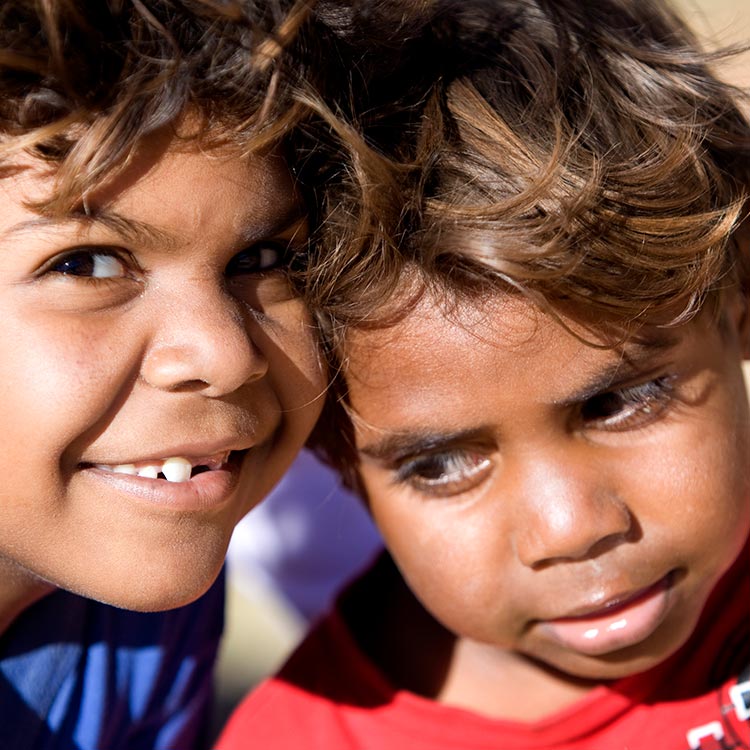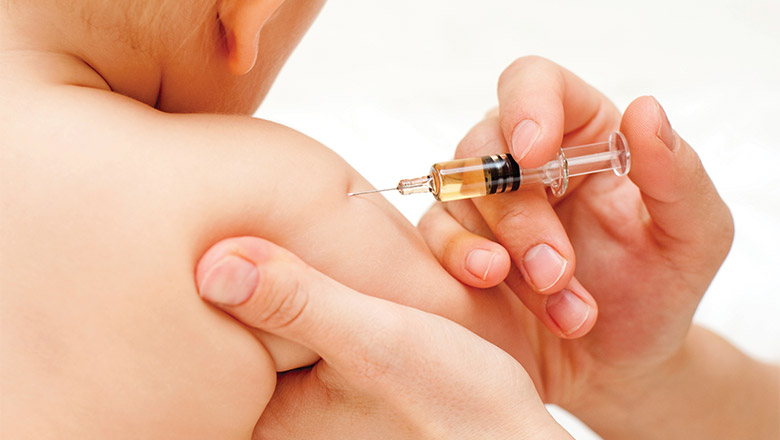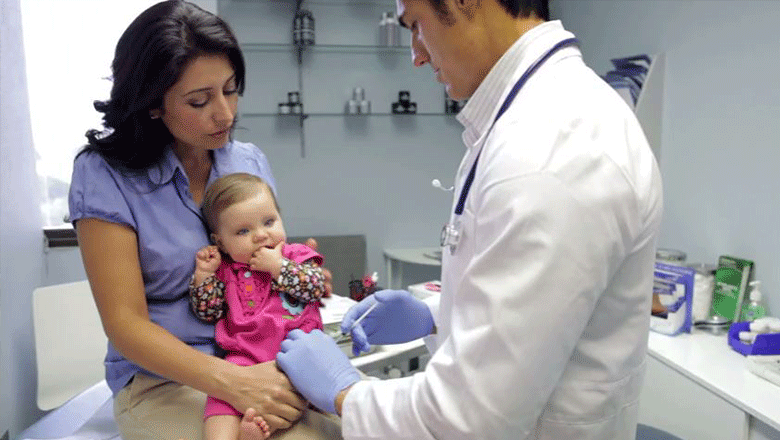Search

News & Events
Rheumatic heart disease remains a major killer in Oceania regionA new study shows that people living in the Oceania region, including Australia, have the highest risk in the world of dying from rheumatic heart disease.

News & Events
Extra whooping cough shot to protect your bubToddlers will now get an additional whooping cough vaccine to protect them against the potentially deadly disease.

News & Events
Taking on a common respiratory infection in kidsMapping when Respiratory Syncytal Virus (RSV) reaches its seasonal peak will assist how future vaccination programs are carried out.

News & Events
Video: Flu vaccine Q&AIt's that time of year again... Flu vaccine time! Watch Dr Chris Blyth answer commonly asked questions in the video below.

News & Events
The Kids Research Institute Australia research ensures kids are protected against whooping coughResearch by The Kids Research Institute Australia will soon ensure young children are better protected against whooping cough.
Research
Effectiveness of nirsevimab in preventing RSV-hospitalisation among young children in Western Australia 2024Respiratory Syncytial Virus (RSV) causes a significant burden of illness for children under 2 years of age. Nirsevimab, a long-acting monoclonal antibody, was registered for RSV prevention in Australia in 2023. In April 2024, Western Australia (WA) launched the country's first state-wide nirsevimab program for all infants and high-risk children entering their second RSV season.
Research
The impact of obesity on influenza Vaccine immunogenicity - A systematic reviewInfluenza vaccines are important for reducing the burden of influenza, particularly for populations at risk of more severe infections. Obesity is associated with increased influenza severity and therefore individuals with obesity are often specifically recommended for annual influenza vaccination. Obesity is also associated with an altered inflammatory profile, which may influence vaccine responses. This systematic review aimed to evaluate the evidence for any association between obesity and influenza vaccine immunogenicity.
Research
Validity of using a semi-automated screening tool in a systematic review assessing non-specific effects of respiratory vaccinesThe abstract screening process of systematic reviews can take thousands of hours by two researchers. We aim to determine the reliability and validity of Research Screener, a semi-automated abstract screening tool within a systematic review on non-specific and broader effects of respiratory vaccines on acute lower respiratory infection hospitalisations and antimicrobial prescribing patterns in young children.
Research
Characterising the SARS-CoV-2 nucleocapsid (N) protein antibody responseSARS-CoV-2 nucleocapsid (N) protein antibodies can be used to identify the serological response to natural infection in those who have previously received a COVID-19 spike-based vaccine. Anti-N antibody responses can also be induced by inactivated whole SARS-CoV-2 virus vaccines, such as CoronaVac. We aimed to characterise antibody responses to the N protein following COVID-19 and following vaccination with CoronaVac.
Research
Vaccine coverage in children born to migrant mothers in Australia: A population-based cohort studyOverall, infant immunisation coverage is currently >90% in Australia, but there are pockets of under-immunised children including children from migrant backgrounds.
